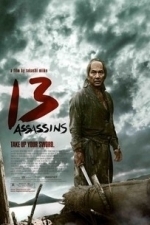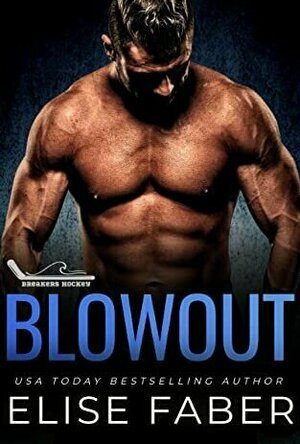
Tail Fly Fishing Magazine
Magazines & Newspapers
App
- Now with a new design: an intuitive and eye-catching design that looks great on both smaller...

Sygic Central Europe: GPS Navigation
Navigation and Travel
App
THE WORLD’S MOST DOWNLOADED OFFLINE NAVIGATION APP! Here’s what some of our 33,000,000 users are...
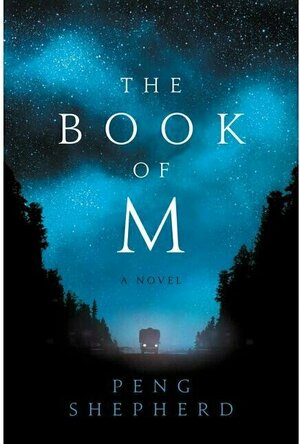
The Book of M
Book
Set in a dangerous near future world, The Book of M tells the captivating story of a group of...
Shadows forgetting love journey
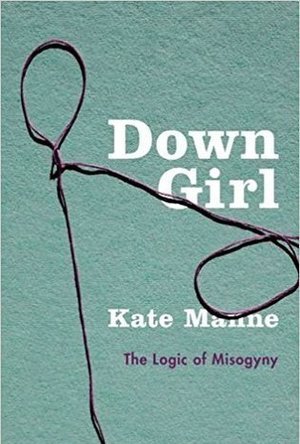
Down Girl: The Logic of Misogyny
Book
Misogyny is a hot topic, yet it's often misunderstood. What is misogyny, exactly? Who deserves to be...

Villagers
Tabletop Game
Villagers is a tableau building and card drafting game for one to five players, set in a faraway...
BoardGames Cardgames Kickstartergames 2018Games
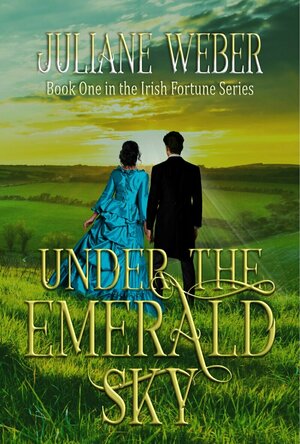
Under the Emerald Sky (The Irish Fortune #1)
Book
Escape to 19th century Ireland in the first book in the Irish Fortune Series, a historical fiction...
Historical Fiction Ireland Irish History Great Famine
Heather Cranmer (2721 KP) created a post
Feb 24, 2023
LoganCrews (2861 KP) rated 13 Assassins (2011) in Movies
Oct 28, 2021
Merissa (13614 KP) rated Blowout (Breakers Hockey #6) in Books
Jan 4, 2023
Cas was a player - until Jules came into his life. Now, he wants her but won't go past the boundaries she has set. Jules has too much going on in her life to put up with a playboy! Her son needs her and she needs work to keep food on the table and a roof over their heads. But Cas - very gently - breaks down her defences. And what horrible way does he do that? By caring. By putting her first. By treating her the way he believes she should be treated. Oh, man!
I felt for both Cas and Jules in this. Yes, Cas is in a better position financially, but emotionally, he's just as hurt as Jules. It is by being together, by opening themselves to each other, that these two work so well. No lies, no games (not conscious ones, anyway,) just two people trying to figure out what everyone else seems to already know.
The pacing was perfect and I read this in one sitting, unable to put it down. I was lost in their story and loved every word. A great addition to the series and absolutely recommended by me. Now, I just need to wait for Theo's story!
** same worded review will appear elsewhere **
* A copy of this book was provided to me with no requirements for a review. I voluntarily read this book, and the comments here are my honest opinion. *
Merissa
Archaeolibrarian - I Dig Good Books!

